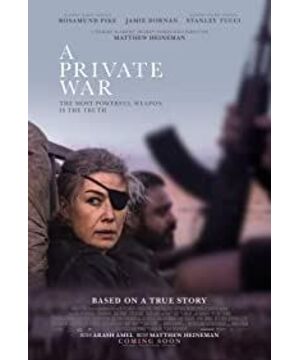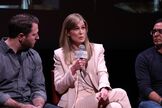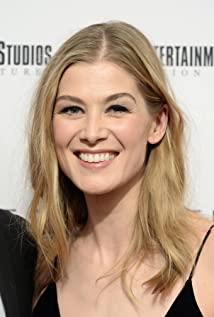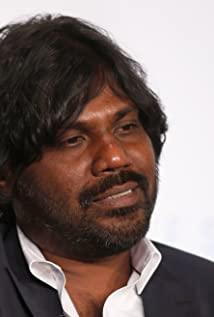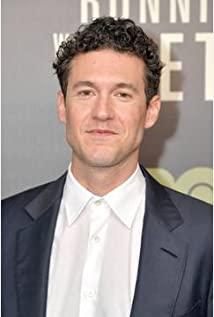"For viewers who are far away from any war, this is reality. There are 28,000 civilians, men, women, and children here. A hungry and cold city, hungry and helpless, where the phone is blocked and the power is interrupted. Every family shares everything with relatives and neighbors. I sit with hundreds of people, women, infants and young children, who are trapped in this cold, cruel environment. There is no way to feed the children, only a little sugar water for a few weeks. This boy is one of the two children who died today. This happens every day. The Syrian government claimed that they did not attack civilians, saying that they only targeted terrorist groups, but all civilian houses were attacked. The top floor has been completely destroyed. There are no military objectives here. This is a complete lie."
"Thank you for using the word'lying'. I think many people want to thank you because we seldom hear this word, rarely use it, but it is a fact here. The Syrian government, their representatives continue to lie, they Lie to us directly on this show. Mary, you have covered many military conflicts over the years. Which conflict can this compare to?"
"This is the worst conflict I have ever seen. I say it is the worst because it was a peaceful protest but was violently suppressed. President Assad is sitting restlessly in his palace in Damascus. Institutions are collapsing around him, and his response is the only way he is taught. When he was a child, he saw his father crush the opposition by blowing up the city of Hama to ruins, killing 10,000 innocent civilians. He saw Here we are, as we are seeing, a dictator who kills people unscrupulously. Everyone here is saying, "Why are we abandoned, me what? I don't know why."
"Mary Colvin, we really know that safety cannot be guaranteed in this situation, but please try to be safe, thank you for telling us."
View more about A Private War reviews


